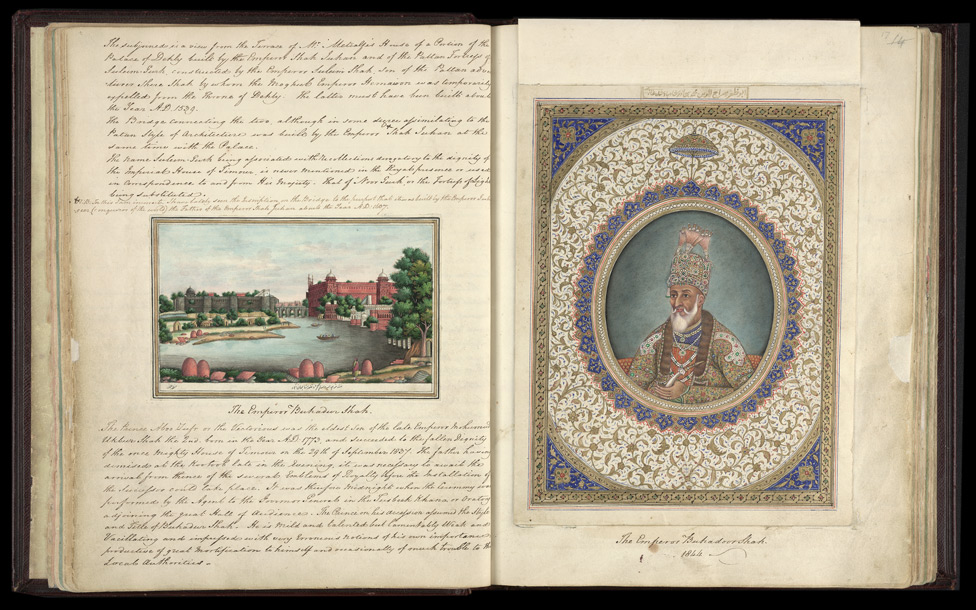FWP:
SETS == BHI; IDIOMS
The first line offers two readings, based on the two possibilities ('even', 'also') of bhī . Both possibilities are offered within an 'if' clause, which is followed by a generalized, vague 'then' clause that promises further explanation in the second line.
When we then hear the second line, we realize that its two subjunctive verbs also admit of two quite different interpretations. One is of reassurance and stability (2a): Ghalib might not be there, but the world would still be there, and the king would still be there, so the necessary elements for cosmic continuity would be present. (On the idiomatic uses of the phrase in the second line, see Faruqi's commentary linked above.)
But that yā rab easily shades over into an expression of uncertainty, anxiety,
and ostentatiously humble prayer (2b): if Ghalib is not there, then at least, oh Lord, let
the world exist, and let the king live on!

Nazm:
That is, may my lifetime too be given to the king. (133)
== Nazm page 133